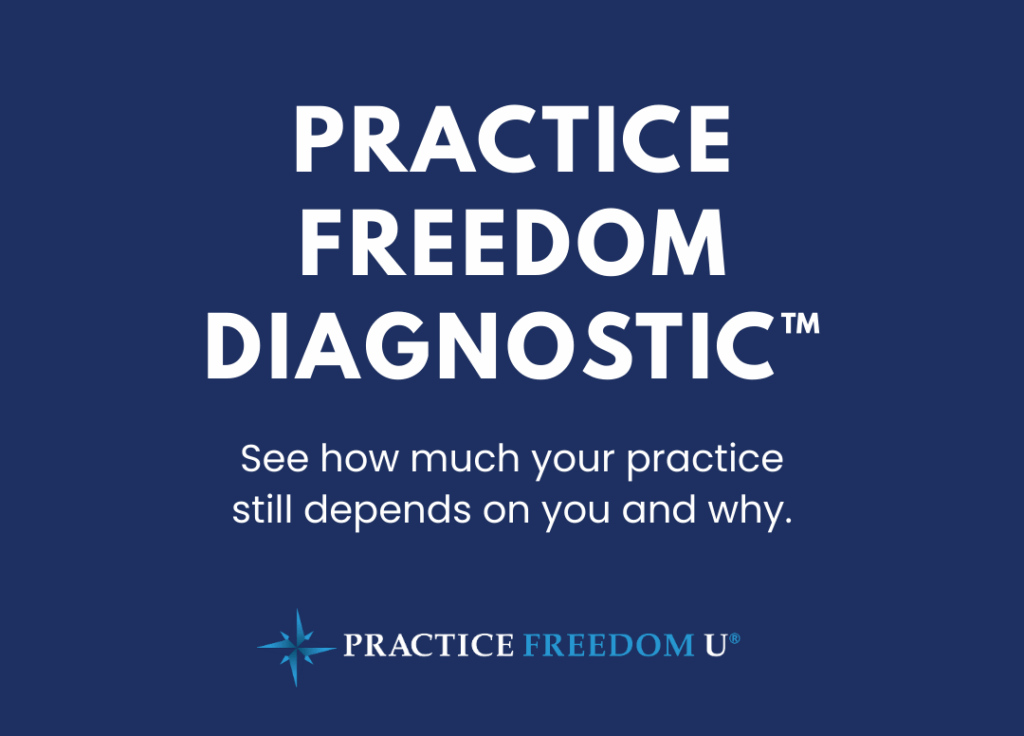How does fear play a role in your life and in your business? Is your fear keeping you from action or inspiring you to take action? I look at fear in two ways.
First, fear can be a detractor. As a detractor, fear causes us to stay away from or completely avoid things – to not take helpful action. Detractor question: Is your fear causing you to avoid things you need to be doing in your business?
Second, fear can be a motivator. As a motivator, fear is inspiring us to move away from a situation because maintaining the status quo will end up causing a worse situation. Fear as a motivator can also mean moving ourselves into action because we are afraid of the results of not taking action. Motivator question: Is fear inspiring you to take action to make things better than they currently are?
Look back at last month. Can you recall a fear that you had, or possibly still have, that you are currently avoiding but you’d like to overcome? Write it down. As you think about the fear, consider these questions.
- What was that fear?
- What brought on that fear?
- What is it about the fear that caused you to be fearful, what are you afraid will happen?
- Is fear a detractor or a motivator? Why?
One of the fears that I had in my business was the fear of having to dip into savings to support monthly expenses as I restructured my business. I was worried. Worry comes with fear. I was worried because I didn’t know how it was going to work out. I was worried that I would have to dip into savings, which I didn’t want to do. As I went back and looked at what caused my fear, I realized that my fear had to do with money. Many fears have to do with money. As I looked more deeply at my fear, I realized that I’ve had fear about money many times before. Money becomes a trigger as soon as I even think about it.
Growing up, there were issues surrounding money and how we viewed money. Life was very unstable. We viewed money in a way that was not positive, it was actually negative. This attitude about money has stayed with me. Once I realized the root of my money issues, I broke down my trigger and separated myself from this fear and worry that could easily have overcome me and my present well-being. I realized it was also about a sense of perfectionism and wanting to achieve business growth without having to dip into my savings.
So, I started to reframe my fear by asking “what’s the worst thing that can happen?” The worst that can happen is that – as I’m restructuring my business and putting in the proper systems, the proper people, and technology to grow exponentially — maybe it will take longer than I expect. Or maybe it’s a little more expensive than I expected. And another reframe I used was “I don’t have to dip into my savings, I get to dip into my savings to support the growth of my business. Because I believe in what I’m doing, and because I actually have savings, I can access my savings to achieve business growth that makes sense for the business and for me and my family.” I felt better by getting perspective, by shining light on my fears, and by reframing my thoughts.
I reframed my thinking from a fear of money issues to a new perspective, filled with objectivity, that things can work out even if not exactly as I’d planned. I shifted my mind to believing that everything was going to work out fine; to believing that I’d find the right people and get them on board; and that we’d put great things in place so that everybody a part of the team would be better off. I relaxed realizing that I had worked through my fear, and that if I hadn’t gone through the exercise to uncover and overcome my fear it would have stayed right there, eating at me, preventing from making sound business decisions, negatively affecting my relationships and diminishing my authenticity (more on authenticity in a future blog). Unidentified fear can do that – negatively affect your life.
Fears are only as real as we make them. Maybe you’ve heard this definition of fear: False Evidence Appearing Real. I’m not certain who first said it but it is relevant here. We can identify the source of our worries and the “false evidence that nags at us as real and in our way.”
Of course, we can also find ways to justify our fears. Fears thrive on justification. Do you want your fear to grow? Then start justifying it. To increase success, beware of these fear-justifications: “This is what happened before.” Or “I’ve been here before and don’t want a repeat experience.” Or “Well, that’s what happens to everyone else so it will happen to me too.” Or “all the literature says this is what will happen.” Or the thousand other things that will cause you to feel justified about your fear. What you think can influence your fear into being a detractor or turn it into a motivator for positive action.
What is influencing your thinking?
- Associations with other people?
- Reading?
- Listening to news, the radio, experts?
- Your own past experiences?
- Or what is influencing you most?
Is it encouraging influence or fear-filled influence? Are you fueling your fears or helping yourself to overcome them?
If you want your fear to disappear, get busy assessing what you really have going on. Return to the questions from earlier. Dig deep and write down what you are experiencing. Work through the details. Write them down too. Find out what is really going on. Identify what you want to do about it now.
- What was that fear? Was it…
- An old fear rearing its head again?
- A new fear?
- A fear about money?
- A fear that you won’t be as busy as you expect or want?
- A fear that you’re going to be stuck in the practice, in a role that you don’t want to be in?
- A fear of disappointing your family, your kids, or your spouse?
- Or, maybe it’s a fear that you actually create this automated practice, a business that is able to run in a day-to-day fashion without you having to be there to do everything, and you’re not sure what you’re going to do. Is it?
- The fear of the unknown? Because while I might not like how things are, I have an even greater fear of the unknown?
- What brought on that fear?
- What is it about the fear that caused you to be fearful?
- Is fear a detractor or a motivator? Why? What are you going to do now?
The greatest thing that causes fear to disappear is to shine a light on it. Shine perspective on it. Shine clarity on it. That’s how you handle fear. You get objective and add specifics. There is one thing that I believe more than anything else that will determine your growth this year and beyond: It’s not whether you have fears, we all have fears. What determines growth is how you handle them.
When we identify our fears and recognize whether they are detractors or motivators, we can take positive action to overcome our fears. Here’s the way I like to think about it:
In the light of clarity, specifics, perspective, reframing and being objective, fear disappears.
If you’re able to handle and address your fear, what possibility lies on the other side for you? For your family? For your staff? For your community? What goals are you ready to achieve?
Handle your fears! Get to the other side of them to discover what you can achieve. Make it a great, motivating day, week, month, and year!


